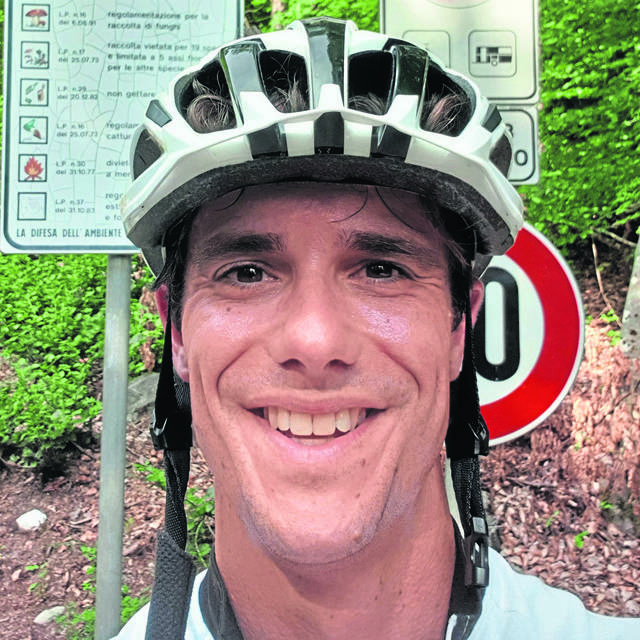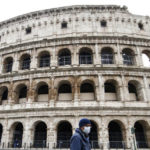In Italy, the daily message on TV, radio and the internet is “Io resto a casa,” meaning, “I stay at home.”
Streets are deserted. The Italian government has closed all non-essential establishment and events. Residents are restricted to their home villages and face a fine and possible imprisonment if caught driving without required documentation.
Americans should be prepared for similar scenes if the coronavirus continues its deadly spread, said James Zanella, 41, a Penn Hills native who has lived in northern Italy town of Rovereto in the Trentino province for more than a decade.
“It’s like war,” Zanella said. “Everything is closed except for supermarkets, bakeries, pharmacies. You’re only allowed to go in if the shop is small, one at a time. Also the government has said no kissing, no hugging, keep 1-meter distance between everyone.”
Zanella, a history teacher at a local high school, said Italy now has more than 12,000 cases of the virus and more than 1,000 people have died. Schools are closed and he is teaching classes mainly through the internet.
“My daily life is essentially on the computer,” he said. “It’s become rather monotonous because you really are restricted.”
He is permitted to walk around his town of about 40,000 people, but vehicle travel is restricted. He walks on opposite sides of streets from other pedestrians and washes his hands more frequently than ever.
He can’t visit friends in neighboring towns, take his car for service or go to the nearby Alps where ski slopes are closed along with the villages. He said hardware stores are closed, and you can’t hire a plumber or electrician.
Zanella and Ron Canterna, 73, a Freeport native also living in Italy, said the government has done a remarkable job of diagnosing coronavirus cases, and residents are so far responding well to the restrictions.
People experiencing coronavirus symptoms can contact a family doctor and receive a test within three or four hours. The test is administered at home to prevent an infected person from potentially spreading the disease to others in a hospital emergency room.
Officials urge people to avoid the emergency rooms and contact their family doctor by phone if they become ill.
Zanella said he’s become more and more worried about job sites closing as the virus continues to spread across the country. He and Canterna expressed fears over the potential economic impact. Zanella predicted the Italian tourist industry would be particularly hard hit.
“I don’t know what the ramifications will be two to three months from now,” Canterna said.













